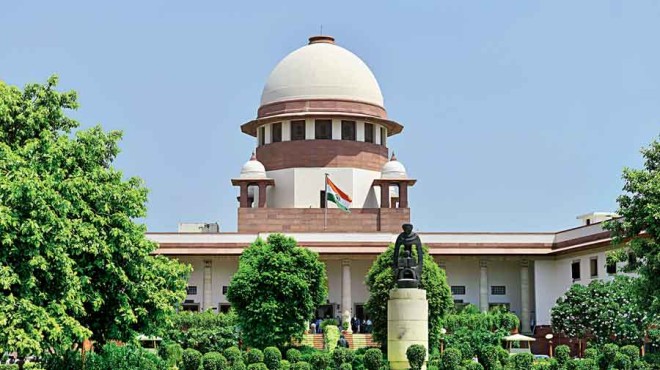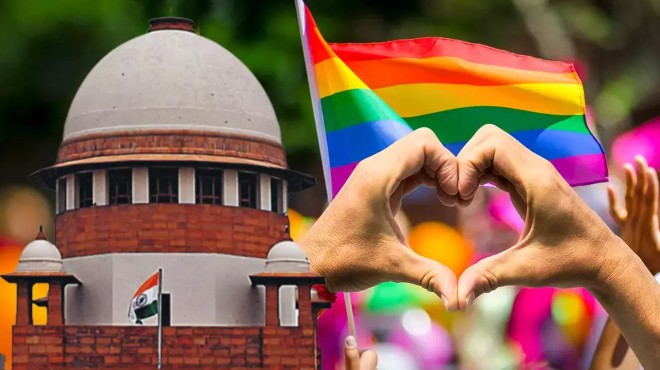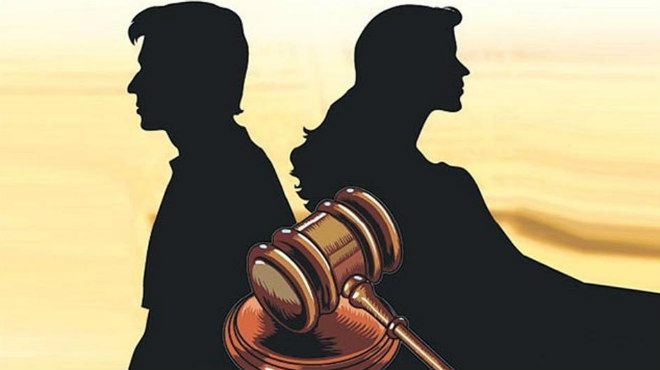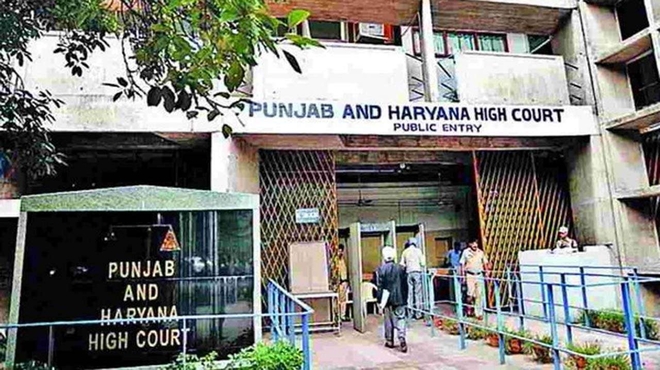Denying women entry to temples would amount to violation of right to equality, says SC
April 13, 2016
The Supreme Court, in a landmark judgment, stated that the act of many temples across the country of denying entry of women into the sanctum sanctorum of the temple could amount to violation of right to equality and that it goes against the rights everyone possesses constitutionally.
The case has garnered enough attention already after the incident at the Shani Temple in Maharashtra, where even after the HC's order, many civilians and the temple authorities barred entry to women inside the temple compound. Trupti Desai, the leader of the women activists group Bhumata Brigade, said that they were physically pushed by the villagers, and then police arrived at the scene and dragged them away from the temple. Trupti Desai later expressed her contempt for the police and the government.
While the situation of the Sabrimala Temple entry case has been going on for more than a month, let us take a look at why the temple authorities are pushing for the restricted entry law to be upheld. According to the temple authorities and the pilgrims at Sabarimala Temple, the deity at the temple is a brahmachari or celibate, and the presence of women who are capable of giving birth impedes upon his & quot purity& quot .
The SC did not think on the same grounds as the temple authorities and stated that while these statements were based on culture and tradition, they will not have the backing of the constitution.
We could take a leaf or two out of the history books and learn a bit more about temple entry laws. Temple entry for Dalits,who had been barred on grounds of & quot untouchability& quot , was one of the leading social reform movements that ran parallel to the larger Independence movement in the early part of the last century in India. The first legal measure guaranteeing the rights of Dalits to enter temples at par with all other caste Hindus was the Temple Entry Proclamation issued by the then Maharajah of Travancore. It opened the doors of all temples in the princely state of Travancore to all classes of Hindus. This was subsequently followed by the Temple Entry Authorization and Indemnity Act, 1939 passed in the then Madras Presidency guaranteeing Dalits the right of temple entry there. Other states have followed since, and the aforementioned Maharashtra Hindu Places of Worship Act is one of those laws protecting the rights of all classes of Hindus to access places of worship equally. Article 25(2)(b) of the Constitution of India clarifies that temple entry laws are not tantamount to restriction of individual's right to religion under Article 25(1).
OUR TAKE
The SC's decision is commendable. In an age of progressive economies and equal opportunities to everyone, irrespective of gender and religion, the arguments offered by the temple authorities for upholding the entry law in the current form is nothing but a strange and devious use of patriarchal power. With history on their side, the women entry case too would have a bright and happy ending. Moreover, the reason the arguments posed in favor of the current temple entry procedures are very obnoxious, with some ranging from menstruation to frail physical features. If we, as individuals, think about the incident and the simple answer to it all, there might not even be such a big debate about it anyways. Hindus are Hindus. Let's make that fact clear.
Latest Legal News
.jpg)



 623+ Lawyers are online
623+ Lawyers are online 


.jpg)


